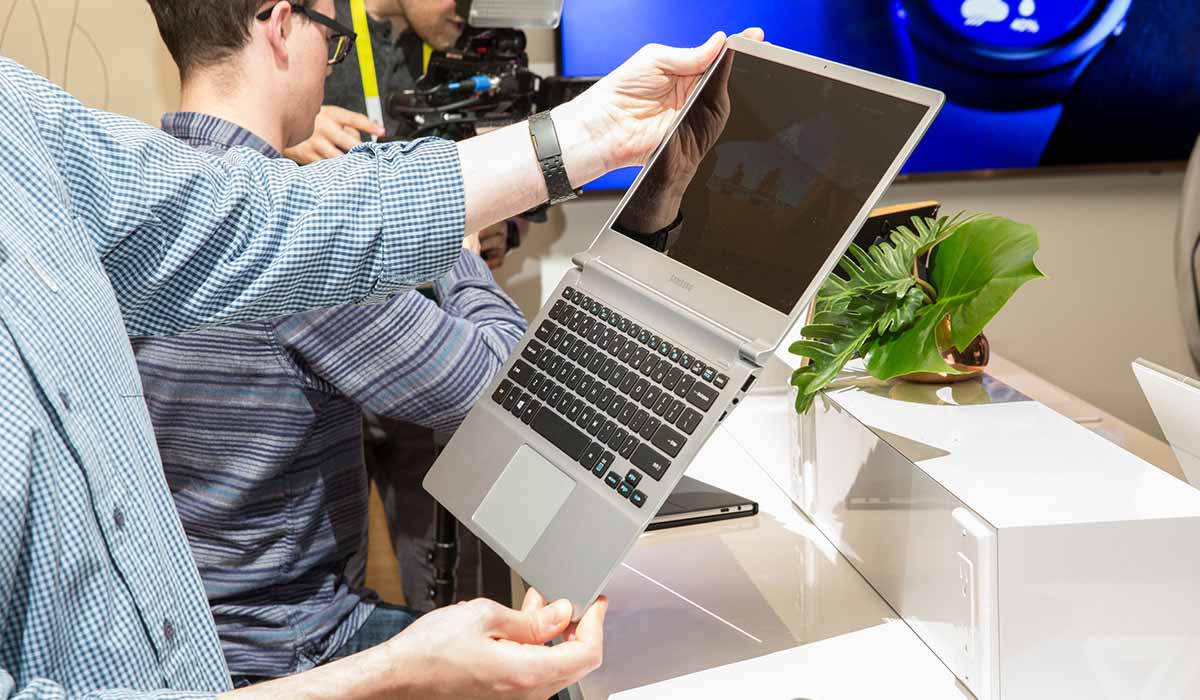Do Brand New Laptops Have Trackers During Transition?
Tracking technology has become ubiquitous in our devices. However, many consumers wonder – do brand new laptops fresh out of the box contain any hidden trackers collecting our data right away? Let’s dive deeper into what independent tests have uncovered about potential new laptop tracking during initial setup and use.
Tracking is Everywhere, But What About in Untouched Laptops? ( Laptops Have Trackers During Transition )
In today’s connected world, it seems almost everything we use collects some kind of data on our habits. Our phones listen for voice commands and pinpoint our locations. even our TVs and appliances send information back to manufacturers.
Understandably, many people wonder – do laptop makers also spy on us prior to any software or account configuration?
Some common concerns about potential pre-installed tracking include:
- Hidden firmware logging our keyboard inputs and on-screen interactions before Windows or MacOS installation
- BIOS settings configured from the factory to relay our laptop‘s hardware and software inventory back to the brand
- Secretly embedded browser extensions or bloatware capturing web browsing habits on the initial boot screens
- Mechanisms for determining a device’s coordinates out of the sealed package
Independent Testing Reveals Little Evidence of Active Pre-Installation Tracking
To address these worries, several nonprofit tech advocacy groups and digital rights organizations have conducted testing on unboxed laptops from Dell, HP, Lenovo and other major manufacturers. Their tests focused on examining:
- A laptop‘s firmware for any keylogger capabilities or screen monitoring tools
- The device’s BIOS/UEFI settings for predetermined reporting functions
- Its initial boot sequence for automatically installed programs
- Its ability to identify location prior to OS sign-in
Through hardware scans and software diagnostics, the majority of evaluations found:
No evidence that leading laptop brands are presently capturing and transmitting people’s keystrokes, browsing sessions or personally identifiable info before the operating system loads.
While low-level system data collection potentially could occur, these tests revealed no proof such tracking is actively happening presently on fresh units.
Table of Common Concerns vs Testing Results about laptops have trackers during transition
| concern | testing results |
|---|---|
| hidden keylogging before Windows/Mac | no keylogging tools found |
| automated hardware/software reports | no preconfigured reporting in BIOS |
| secretly embedded browser extensions | no extra programs on initial boot |
| determining location without permission | no location services found pre-OS |
Bolstering Trust with Transparency is Key
Even though independent tests showed little indication of current pre-OS user tracking by major brands, laptop makers still have room for improvement in bolstering customer confidence. Going forward, companies should:
- Clearly state what limited system data, if any, is passively collected for legitimate purposes like quality assurance
- Open their privacy policies and be upfront about what user data is gathered, stored, and shared with partners
- Give control over telemetry settings to the user and make opt-outs prominent
For consumers, some tips when starting a new laptop include:
- Read the manufacturer’s privacy statement for transparency on pre-installation usages of personal information
- Consider cleansing certain settings like unique hardware IDs if you need high anonymity
- Install reputable anti-spyware software as an extra layer of protection during setup
FAQs about Laptops Have Trackers During Transition
Conclusion about Laptops Have Trackers During Transition
In conclusion, independent research alleviates many fears but also highlights the need for openness. With understandings of realities and empowers choices, both makers and users of new laptops can build stronger bonds of trust during critical first transitions.
